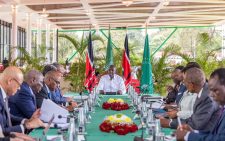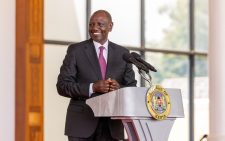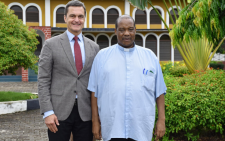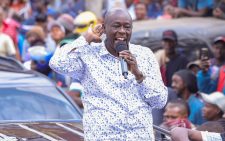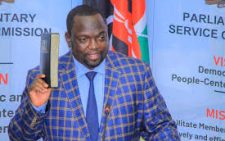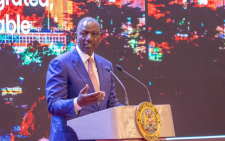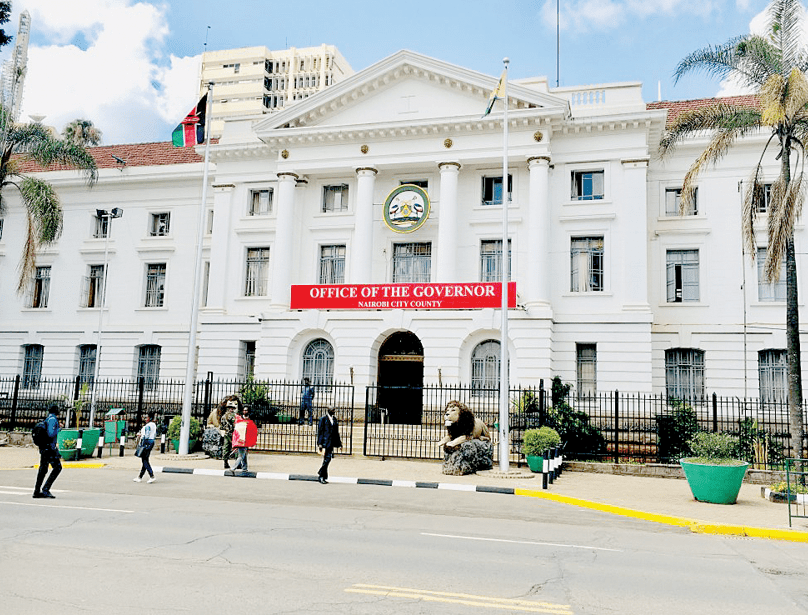Ruto missed chance to turn page on Gen Z
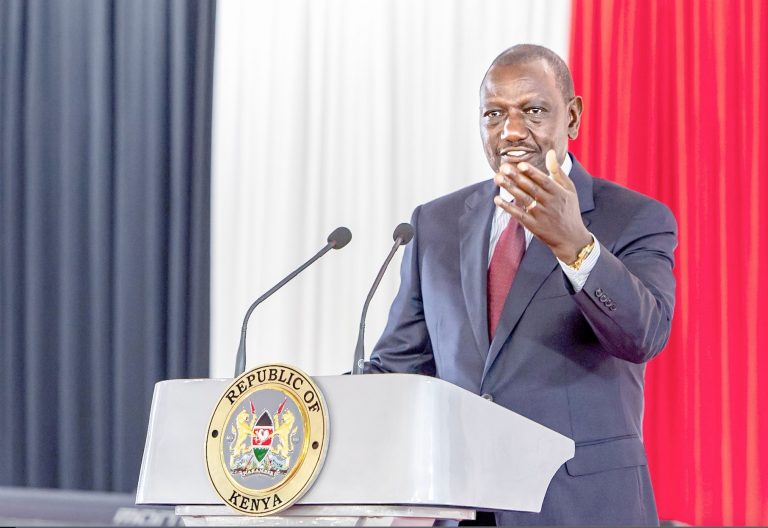
As his presidency neared its end, President Daniel Arap Moi sought to reconcile with the populace he had led for over two decades. He had garnered the affection of many, yet many also looked at him askance.
Moi asked his audience for forgiveness in one of his farewell public speeches. Speaking in Kiswahili, he forgave those who had wronged him and sought forgiveness from those he might have wronged during his lengthy career in public service.
It was a rare moment. Moi was a formidable man whose presence radiated power, influence, and authority. For decades, Moi’s word was law, and the President could do no wrong in the eyes of his legion of supporters.
It was intriguing this week to witness President Ruto seeking reconciliation with Gen Zs at the annual national prayer breakfast, many of whom have made his time in the State House a nightmare.
Kenya has learned and rehearsed how to deal with the opposition, which has been a known quantity and predictable for a long time. With its support base in Nyanza and Kibera, regions in Kangemi, Kondele and Mathare usually provided the opposition’s sting. It was almost obvious that once its leader, Raila Odinga, is tamed, then that would be the end of the story.
Unsurprisingly, the government’s agenda appeared to have been to depict Odinga as the resentful perennial loser. Consequently, it was important to frame his opposition as fuelled by bitterness over his failure to persuade Kenyans to place him in the nation’s driving seat.
But then, the hydra-headed Gen Zs emerged out of the deep blue sea, and for whom those in power had not rehearsed a response. When they took to the streets of the capital in June 2024, a government accustomed to deploying brutal force against the opposition relied on the only arsenal it knew – raw power to subdue dissent.
The result has remained a disaster. Guns and tanks lined up against flag-waving youths dancing with a phone in one hand and a water bottle in the other do not provide good pictures for political posters.
National prayer breakfasts in Kenya are challenging to characterise. On the one hand, they are supposed to mark a nation’s point of contrite submission before God, recognise a nation’s vulnerability, and call on higher divine powers to intervene to direct a nation’s destiny.
But it seems to serve as a day out for those in the know, facilitating networking under a religious guise by individuals who believe in their own power, for whom the less God is involved in their affairs, the better.
The preachers lined up to headline the day have tended to be different, believing in the day’s novelty. Rickey Bolden was no different. He called for resetting the start button in the relations between the leaders and the young.
The prayer by Beatrice Elachi, the occasionally cantankerous politician from Dagoretti North, was quite moving and possibly uncomfortable for many in the audience. Only recently, she buried a child and was likely deeply wounded by Kenyan youth’s lack of compassion and sensitivity during such sorrowful moments.
But while Elachi sounded contrite before the Lord, the President’s effort at reconciliation seemed anything but. A Gen Z politician characterised it as a “word salad”, whereas a national newspaper believed Ruto “sheds crocodile tears over Gen-Z protests”. Did the prayer breakfast provide an opportunity to reset the clock, and did the President miss the chance?
The writer is the Dean of Daystar University’s School of Communication
